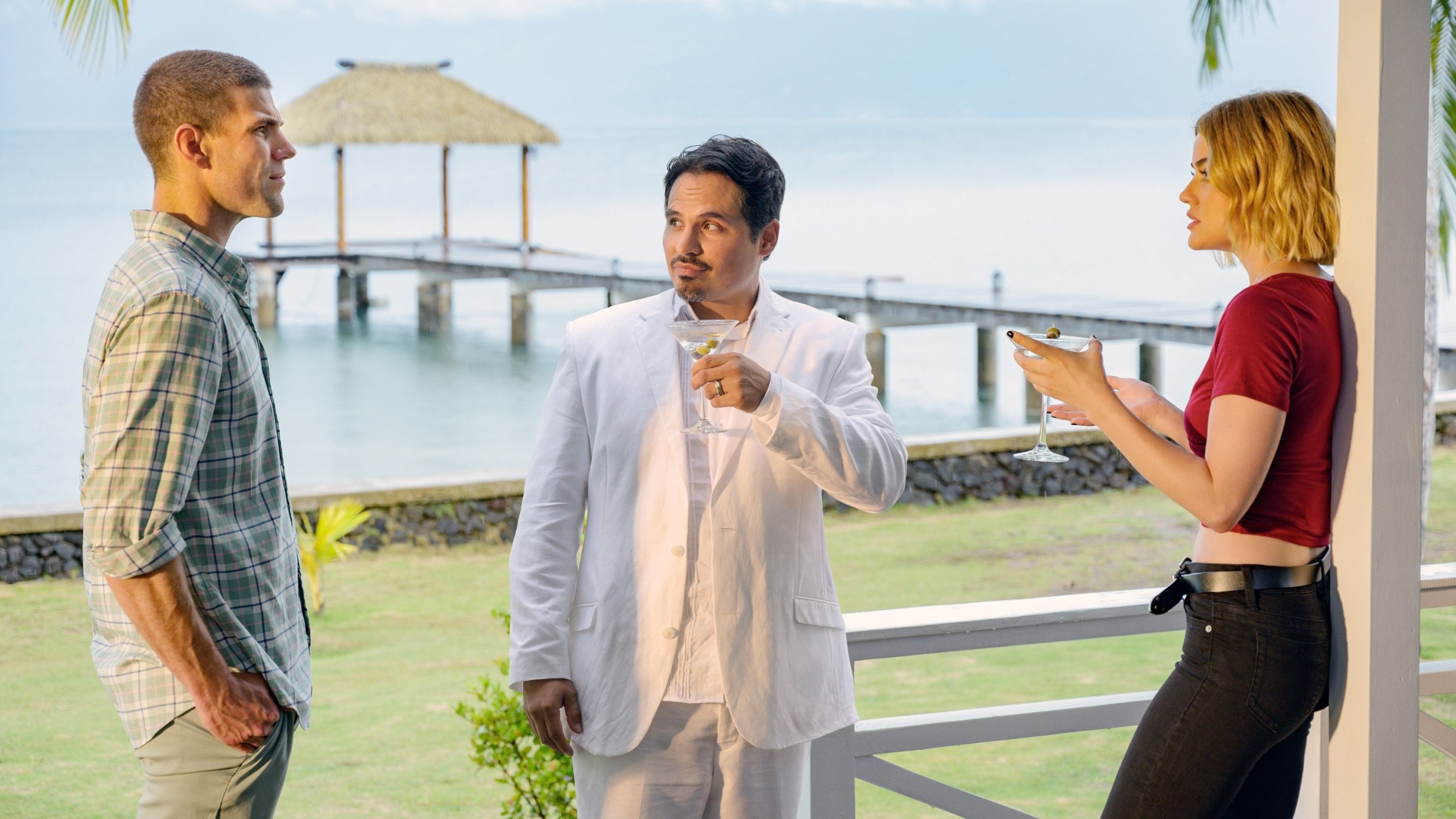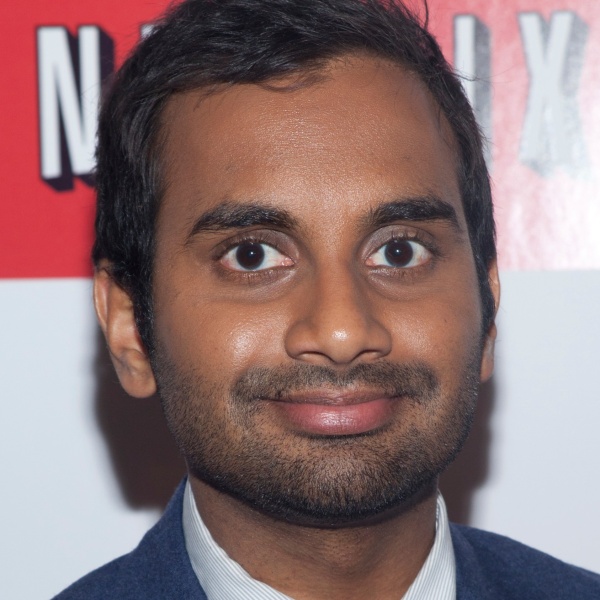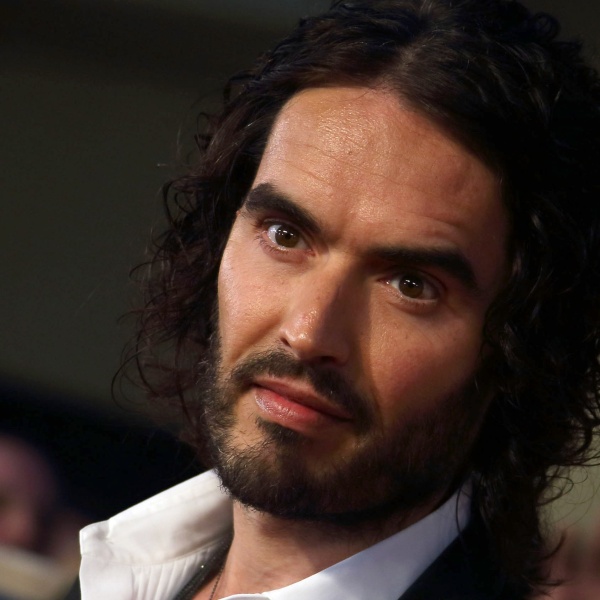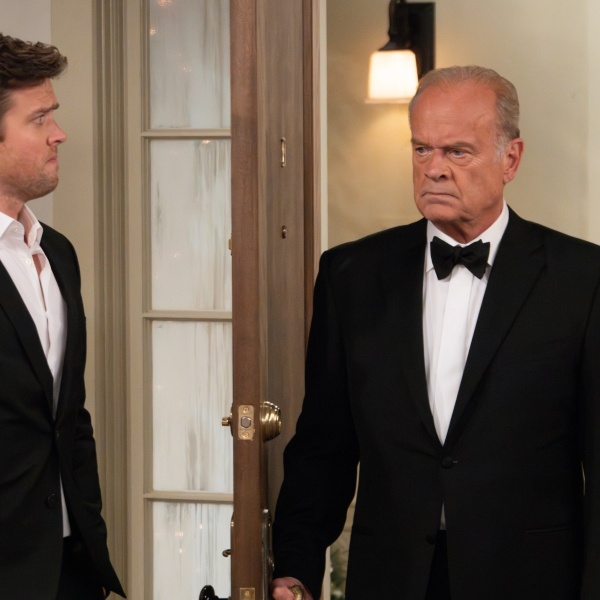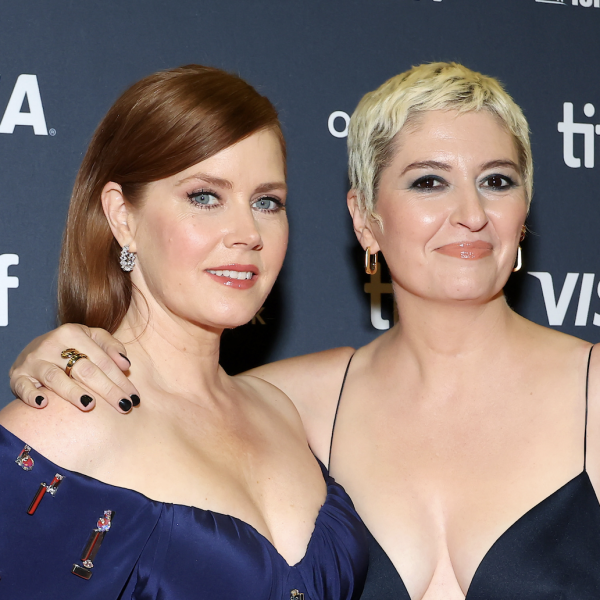Reader, you have been lied to! Film history is littered with unfairly maligned classics, whether critics were too eager to review the making of rather than the finished product, or they suffered from underwhelming ad campaigns or general disinterest. Let’s revise our takes on some of these films from the wrongheaded to the correct opinion.
Earlier this year, the Criterion Channel launched a series devoted to films that have won Golden Raspberry Awards, or “Razzies,” prizes ostensibly created to recognize the worst that cinema has to offer. The idea of streaming’s most respected curator of film art showcasing a selection of Razzie winners was one whose time was long overdue, given the Razzies’ astonishingly reliable tendency to be on the wrong side of history; the list of nominations from any given year is typically more useful as a guide for suggested viewing than as an indication of what to avoid. Don’t believe me? The contenders for “worst director” in the awards’ inaugural year of 1980 included Stanley Kubrick, Brian De Palma, and William Friedkin.
A casual glance at the Criterion lineup reveals movies that range from unadulterated masterpieces of personal expression (Elaine May’s “Ishtar,” Michael Cimino’s “Heaven’s Gate”) to odd and eccentric but fascinating star vehicles (“Cocktail,” “Gigli,” “Under the Cherry Moon”). While the selections vary in quality — it would be tough to make the case that Guy Ritchie’s remake of “Swept Away” is as successful an artistic achievement as May or Cimino’s films — they all have one thing in common: They’re truly distinctive movies, not cookie-cutter throwaways or obvious cash grabs. Indeed, looking over the list of Razzie winners and nominees since the awards’ inception 24 years ago, it seems that the most damning thing a filmmaker can do in the organization’s eyes is create something that has a sense of personal commitment and a singular style.
That’s certainly the case with director Jeff Wadlow‘s difficult-to-classify 2020 thriller “Fantasy Island,” also known as “Blumhouse‘s Fantasy Island,” in recognition of the horror factory that produced it. While “Fantasy Island” is unquestionably a horror movie, it shifts tones and styles so often over the course of its running time that to call it horror is both correct and inadequate — it’s also a comedy, a morality play, an action film with multiple subgenres nesting within the main storyline, and a love story of sorts. One of the giddy pleasures of “Fantasy Island” is Wadlow’s generosity toward his audience; he wants to cram the entertainment value of five normal movies into one, and the elegant construction of his script (co-written with Jillian Jacobs and Chris Roach) layers twist on top of twist in ways that are impossible to predict but immensely satisfying on repeat viewings.
Wadlow was rewarded for his audacity with mostly negative reviews and five Razzie nominations, including one for “Worst Remake, Rip-off, or Sequel”; the Razzies’ voters are nothing if not consistent, and they once again mistook a filmmaker looking to reinvent the rules for someone who didn’t understand them. To be fair, the Razzies weren’t alone in their misunderstanding of “Fantasy Island”; numerous critics slammed Wadlow’s attempts at “genre-surfing,” slapping the director on the wrist for daring to cross too many styles in one film — in their eyes, he would have been better off telling his story in one monotonous register from beginning to end. It’s ironic that “Fantasy Island” received that nomination for worst remake since the genre-jumping Wadlow was attacked for is a central feature of the television series on which his film was based; it’s even more ironic given that Wadlow’s film is, in fact, the best kind of reboot, a movie that completely understands and is faithful to the spirit of its source material but takes it in completely new directions.
The “Fantasy Island” series that ran on ABC from 1978 to 1984 was an anthology show about a magical island where proprietor Mr. Roarke (Ricardo Montalbán) and his assistant Tattoo (Hervé Villechaize) granted their guests’ fantasies; though Roarke and Tattoo remained consistent from episode to episode, the rest of the cast was comprised of guest stars who, like their counterparts on “Fantasy Island” lead-in “The Love Boat,” tended to be up-and-comers from other shows on the network or fading legends from Hollywood’s glory days. Each episode typically consisted of two or three fantasy storylines that rarely intersected thanks to delivery requirements for foreign territories, where “Fantasy Island” aired as a 30-minute show rather than an hour one.
Although the tropical setting and good-natured banter between Roarke and Tattoo have left the impression that “Fantasy Island” was a kind of romantic, light-hearted bit of escapism along the lines of “The Love Boat,” the show was actually considerably darker and not as far removed from the horror genre as one might think. Revisiting the series now, one is struck by how ambiguous Roarke’s character is at times; although his role is to grant his guests’ fantasies, he’s more often concerned with teaching them lessons by applying the fantasies in ways that are faithful to the letter but not the spirit of his customers’ requests — and often there seems to be genuine physical danger inherent in the ways the fantasies play out. Wadlow has referred to his film version of “Fantasy Island” as a metaphor for therapy, but one of the universal appeals of both the movie and the TV show is that they’re really horror stories about bad customer service: You pay to have your wildest dream come true, and this crazy Roarke guy tries to get you killed.

Roarke is played by Michael Peña in Wadlow’s reboot, and his performance is a microcosmic representation of the film’s approach; he captures a great deal of Montalbán’s grace, charm, and mystery but builds on it to find additional nuances in the character. His Roarke is both more frightening than Montalbán’s and more tragic. We’re never sure whether his secret agenda is benevolent or destructive, and the greatness of Peña’s performance lies in his ability to play it both ways while remaining honest to the character throughout. He doesn’t cheat, and neither does the movie; it’s filled with surprising reversals and complications that force the audience to reconsider everything that has come before, but the twists are all earned and carefully prepared for — no small achievement considering how crazy the various scenarios get, especially as they begin to intersect.
It is in these intersections that Wadlow both pays tribute to the original series and tweaks it for more audacious effects than the original creators ever attempted. He borrows the basic formula of several groups of people arriving on the island with fantasies that play out differently than they expect: a couple guys who want to “have it all” enjoy their high-flying lifestyle until it turns out that it’s financed by stolen drug money (making them targets of a violent cartel); a young woman wants revenge on her high school tormentor, and so on. The set-up lends itself to horror and justifies Wadlow providing several “mini-movies” in the tradition of the original show: We get a combat film in one fantasy, a heartfelt domestic tearjerker in another, and a raucous sex comedy in yet another. Contrary to the prevailing critical opinion at the time of the film’s release, these subplots coexist beautifully; Wadlow has an old studio system pro’s deft ability to shapeshift, and he’s as good at the heavier emotional material as he is at the lowbrow sight gags — and even better at knowing how to calibrate the pace so that the disparate tones can bump up against each other in complementary ways.

Wadlow’s cleverest conceit in updating “Fantasy Island” is to interweave the fantasies. Because the fantasies come from different cinematic traditions, merging them yields some extremely entertaining and totally original moments, as when a character from a serious drama that plays like a mash-up of “Platoon” and “Field of Dreams” finds his way into the sex comedy storyline, which has itself already morphed into a riff on “Sicario” and “Scarface.” Wadlow, Jacobs, and Roach add another deliriously unique spin to the material by raising the question of whether or not the characters are even in their own fantasies; when they reveal the truth, it’s an impressive storytelling feat.
Wadlow’s confidence and his ability to fully realize every ambitious idea in “Fantasy Island” are so self-evident in the film that it’s a little difficult to understand why critics were so blind to its qualities. Over on Film Twitter, it seems that the complaints about unoriginal movies based on IP and bland formulas are never-ending, so when a filmmaker like Wadlow bends the system to his will to make a bold and personal piece of work, why isn’t he celebrated? It’s as difficult a mystery to solve as the question of why Roarke acts in the way that he does, but at least Wadlow can take solace in one fact: as a director with multiple Razzie nominations to his name, he’s in the history books with Brian De Palma, Blake Edwards, Jan de Bont, and other great filmmakers who will be remembered long after everyone who voted for the Razzies has been forgotten.
